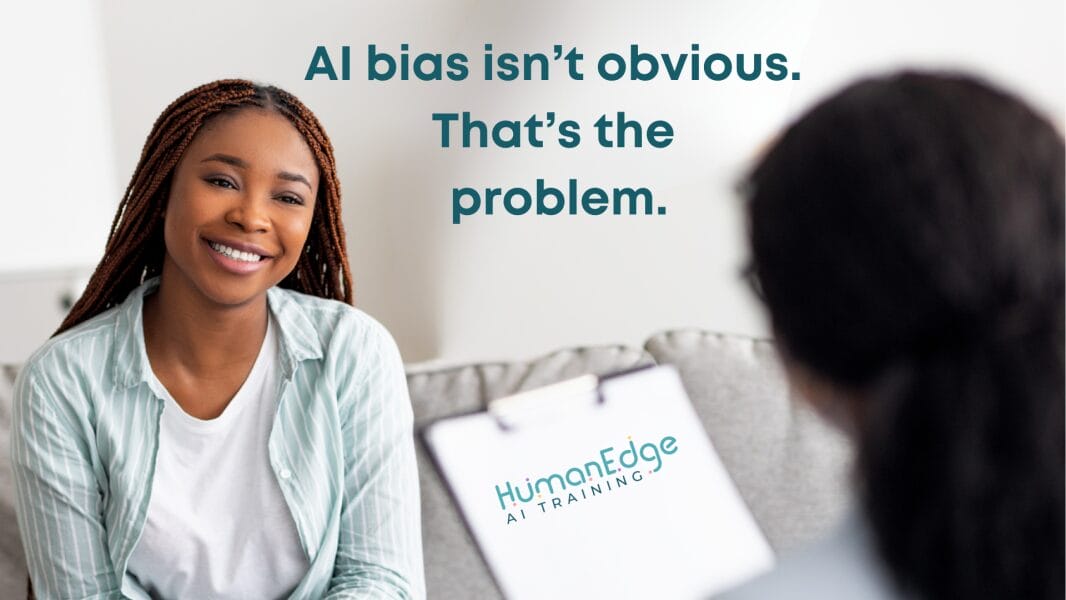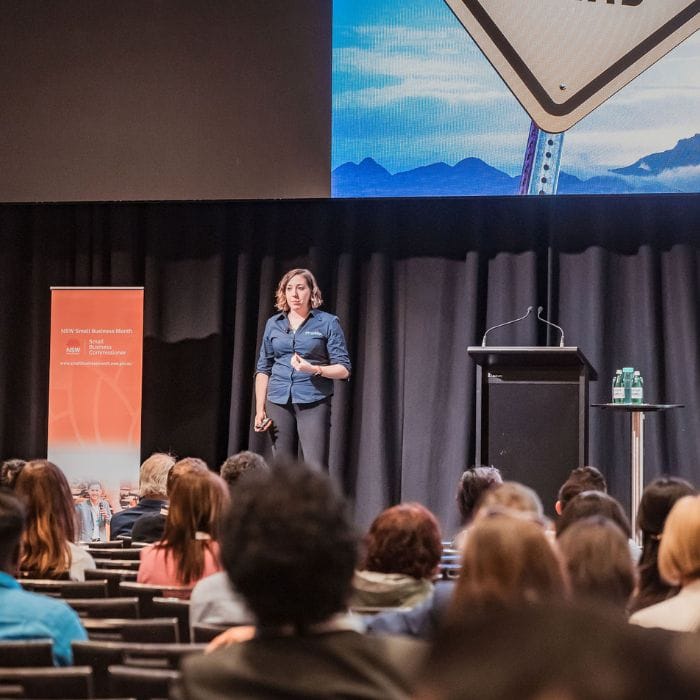ChatGPT is already replacing jobs. Leanne Shelton until recently ran a successful copywriting business that produced a comfortable six-figure annual income. That changed in November when OpenAI released ChatGPT.
“Our conversion rate (phone calls to contracts), it could have been easily like 80 per cent after I spoke to them (before ChatGPT),” she said. “It’s probably dropped to like 30 per cent.”
She said those clients told her ChatGPT replaced her.
“All of them have claimed it was ChatGPT,” she said. “I literally had someone say, ‘Oh no, don’t worry, we’ll write that media release ourselves with ChatGPT’.”
A mother of two, Ms Shelton didn’t think she’d be in this position at just 37 years old. She said copywriting was just the “canary in the coalmine” for jobs that could be displaced by emerging generative AI like ChatGPT.
Tim King, a copywriter in Bendigo, Victoria, also said he had seen a marked shift in business since last year. “I can probably say I’m going to see 35 per cent less income this year,” he said.
He attributed this to ChatGPT, as well as poor economic conditions and a characteristic second-quarter slump in the industry.
Mr King said the kind of work he’d been asked to do had changed since “around February”, moving from out-and-out writing jobs to more editing work.
“Prior to AI being readily available … nearly 100 per cent of my jobs were copywriting,” he said. “Forty per cent of the jobs I’m seeing now are probably more copy editing-based … they’re going off and seeking their own tool sets or their own ways to be able to generate the content.”
A recent study found sales and marketing was one of the business functions in which Australian business leaders indicated they had, or were considering AI rollout. Another study found almost half of Australian workers were worried about job displacement as a result of generative AI.
A report by the chief scientist ahead of AI regulation consultation identified the job replacement risk. “It has been long recognised that AI-based technologies may lead to job losses where they enable machines to replace the work of humans undertaking particular tasks,” it read. “A recent analysis of the exposure of US workers to the potential effect of GPTs (generative pre-trained transformers, like ChatGPT) estimates that in 19 per cent of US jobs, at least 50 per cent of tasks are exposed, meaning that these tasks correspond to the known capabilities of generative AI.”
Ms Shelton said she realised something had to change when she was reviewing her finances.
“This was the first time … I’ve not increased profit every year,” she said. “That made me realise, wake up, I have to do something. ”
She said she now largely spent her energy thinking about how to train people in content marketing with ChatGPT, and seemed excited about the change.
“I have no idea where I’m going to be in a year’s time,” she said. “I’m just making it up as I go.
“I’ve now decided to focus on ChatGPT for that content marketing training if the copywriting is unwanted.”
She said ChatGPT could not yet do everything involved in copywriting and she saw herself training people to fill that quality gap. “It can’t pick up sensitive topics or trigger words. You have to actually put that in and, you know, be wary of your type of audience,” she said. “Repetition is a massive one as well. So you’ll say, give me 500 words, but 300 of those words are original, the rest is just rehashed in a very clever way.”




